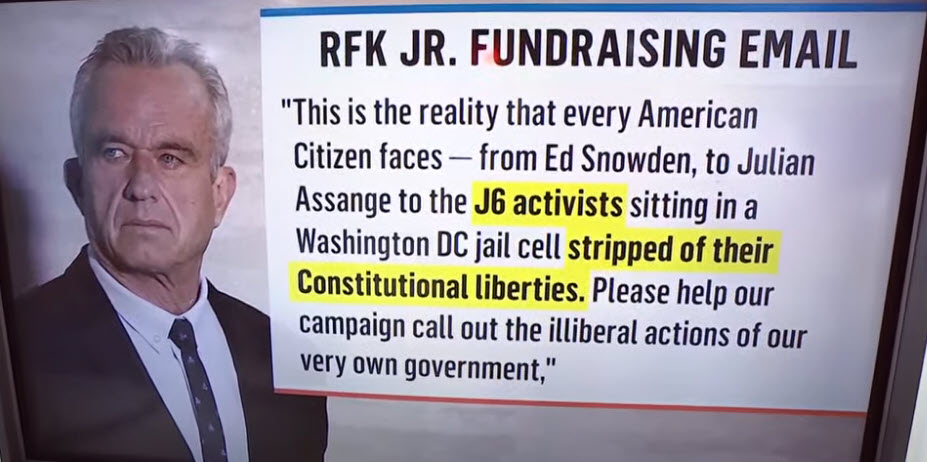Presidential candidate Robert F. Kennedy Junior (RFK Jr.) is addressing recent controversy surrounding his stance on the January 6th Capitol riot, emphasizing a need to move past divisive narratives. RFK Jr. released a statement asserting that both Republicans and Democrats share responsibility for exacerbating tensions related to the riot, marking a departure from his earlier characterization of rioters as “activists” in a fundraising email. This clarification comes amid criticism from the left and a broader debate about the political aftermath of the 2021 riot.
Meanwhile, the bipartisan group No Labels has announced that it will not field a presidential candidate in the upcoming November election. CEO Nancy Jacobson stated that despite extensive efforts, a candidate with a credible path to winning the White House did not emerge. National director Joe Cunningham echoed this sentiment, acknowledging the challenge of finding candidates willing to transcend partisan divides.
No Labels had approached several potential candidates, including former New Jersey Governor Chris Christie, former Maryland Governor Larry Hogan, and former Wyoming Congresswoman Liz Cheney. However, all declined the opportunity, citing various reasons related to party loyalty and strategic considerations.
The decision by No Labels reflects broader trends in American politics, highlighting the difficulty of finding candidates willing to challenge established party norms and embrace a centrist, bipartisan approach. While No Labels will not have a candidate on the ballot, the organization remains committed to remaining engaged in the election cycle and advocating for bipartisan solutions to pressing national issues.
As the presidential race unfolds, RFK Jr.’s clarification on the Capitol riot and No Labels’ decision to forgo a candidate underscore the complex dynamics shaping the political landscape in 2024, with implications for both major parties and the broader spectrum of political ideologies.



